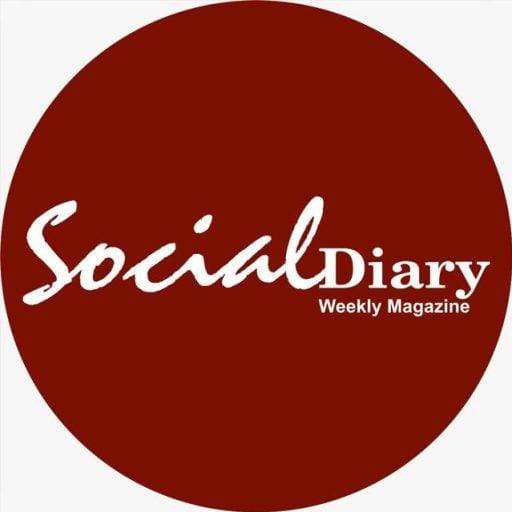This year, Social Diary Magazine aimed to destigmatize discussions around breast cancer especially when it comes to men playing a strong role in voicing support for women in their lives. Open conversations about breast health can reduce fear and anxiety associated with breast cancer, making it easier for individuals to seek help and support. We conclude this month with an interview with Dr. Ayesha Isani Majeed, Head of Radiology and Federal Breast Cancer Screening Center (FBCSC) at Pakistan Institute of Medical Sciences, Islamabad. Giving free state of art facilities for mammography, ultrasound, and biopsies, FBCSC has set a triumphant benchmark by giving awareness to over 50,000 women. With an impressive record of over 10,000 mammograms, and 20,000 ultrasounds with around 1800 breast cancers detected, the FBCSC is fast becoming a policy lead for breast cancer awareness and early detection in Pakistan. Read On:
SD: When it comes to breast cancer, why do you think there is still a stigma when talking about it in Pakistan?
Dr.Ayesha: Countries like Pakistan are considered as low to middle-income countries( LMIC). These countries are deficient in monetary resources which affects both their education status and their affordability. This results in stigma being associated with the disease due to a lack of awareness and understanding of the disease with non-accessibility to facilities of screening and health care.
SD: According to reports, more cases come from low- and middle-income countries, why is that so?
Dr.Ayesha: More cases of grade 3 and grade 4 come from LMIC countries due to the above-mentioned reasons, therefore, the mortality and morbidity are higher in these countries.
SD: What is the significance of getting a mammogram screening and at what age?
Dr.Ayesha: Mammography screening detects early breast cancer at stage 1 and stage 2 so that treatment can be started early and morbidity and mortality is reduced. The age of mammography is 40 years yearly for average-risk patients. ( ACR guidelines )

SD: Are there any risks associated with getting regular mammogram screenings?
Dr.Ayesha: A mammogram is a low-dose X-ray of the chest and its benefits outweigh its risks.
SD: How critical is it for awareness campaigns to pass information not just in hospitals but schools and other public venues?
Dr.Ayesha: It is very necessary to pass awareness at all places in the society.
SD: There are talks on how the lack of advanced equipped infrastructure and trained staff is the reason Pakistan is not able to curb this problem. Your take?
Dr.Ayesha: It is true that there is a dearth of screening facilities in the country, however, the setting up of screening facilities is not that expensive and the govt can easily create a mammography setup along with an ultrasound machine in all DHQs of the country. There are also a large number of radiologists in Pakistan whose services can be hired in person or by telemedicine for proper reporting and diagnosis.
SD: What kind of lifestyle updates do you feel women should adopt to prevent the onset of this disease?
Dr. Ayesha: A healthy lifestyle is advocated for preventing and combating all diseases which include breast cancer.
SD: When we talk of early screening, can you state what age we are talking about?
Dr.Ayesha: Early screening for high-risk women can start at 35 years of age ( ACR guidelines )
SD: Are there free mammogram screening services in Pakistan that can be utilized by those on low income
Dr.Ayesha: Only the Federal Breast Cancer Screening Center at Pakistan Institute of Medical Sciences, Islamabad is a state-of-the-art facility that provides a free breast cancer screening center for women of all socioeconomic strata.
SD: Finally, SD has run a special campaign this month ‘pinkstrongSD’ that stresses upon men to support women in their lives to get the awareness and early screening they deserve. How important is it for family units in Pakistan to embrace open and healthy communication?
Dr.Ayesha: Family support is one of the most important factors for a woman with breast cancer so that she has the confidence and willpower to battle breast cancer.


























